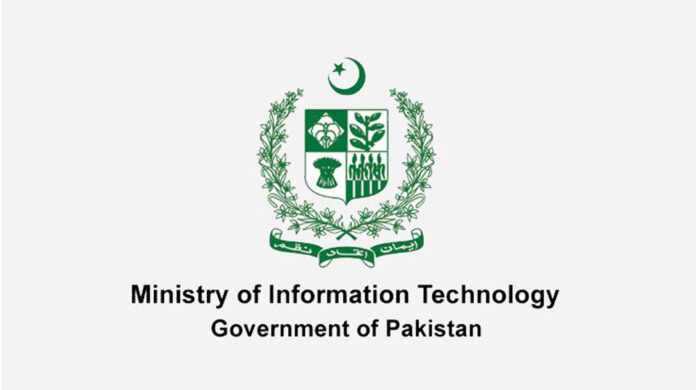ISLAMABAD: Federal Ministry of Information Technology and Telecommunication (MoIT) has blasted social media giant Facebook for its pro-Bharatiya Janata Party (BJP) policies calling it a “cause for concern.” In a tweet on Friday, the ministry urged Facebook to explain why there is a difference in its policies for Pakistani and Indian users.
فیس بُک مودی قربتیں/ وفاقی وزیر آئی ٹی کا ردعمل
نریندرمودی کی مسلم دشمن پالیسیوں کے باوجود فیس بُک کی قربتیں بڑھ رہی ہیں. اگر فیس بُک نفرت آمیز پوسٹوں کے خلاف ہے تو نریندر مودی جیسے انسان دشمن سے نزدیکیاں کیسی!#FacebookModiAlliance #MarkZuckerberg @pid_gov @SyedAminulHaque
— Ministry of IT & Telecom (@MoitOfficial) August 21, 2020
“Facebook’s pro-BJP extremist policies are a cause for concern. Despite Narendra Modi’s anti-Muslim policies, Facebook’s proximity is growing,” the statement read, “In August 2019, the accounts of Pakistani users who raised their voices for the victims of Occupied Kashmir were closed. Facebook remembers all the rules on publicizing Indian atrocities on Kashmiris, but the hateful policies of the extremist BJP and Modi are not visible to Facebook”.
The statement also questioned that why the Facebook administration’s specifications contradict this. “Opposing hateful content on social media is necessary but they must also act against the oppressor. Facebook should explain why there is a difference in its policies for Pakistani and Indian users,” it wrote.
Earlier, Reuters had reported that Facebook is facing criticism after the US newspaper Wall Street Journal reported that Facebook’s top lobbying executive in India Ankhi Das opposed applying the company’s hate-speech rules to a politician from Prime Minister Narendra Modi’s party who had in posts called Muslims traitors. “An open letter written to Facebook’s leadership by 11 employees on one internal platform, and seen by Reuters, demands company leaders acknowledge and denounce “anti-Muslim bigotry” and ensure more policy consistency”, the newspaper reported earlier.




